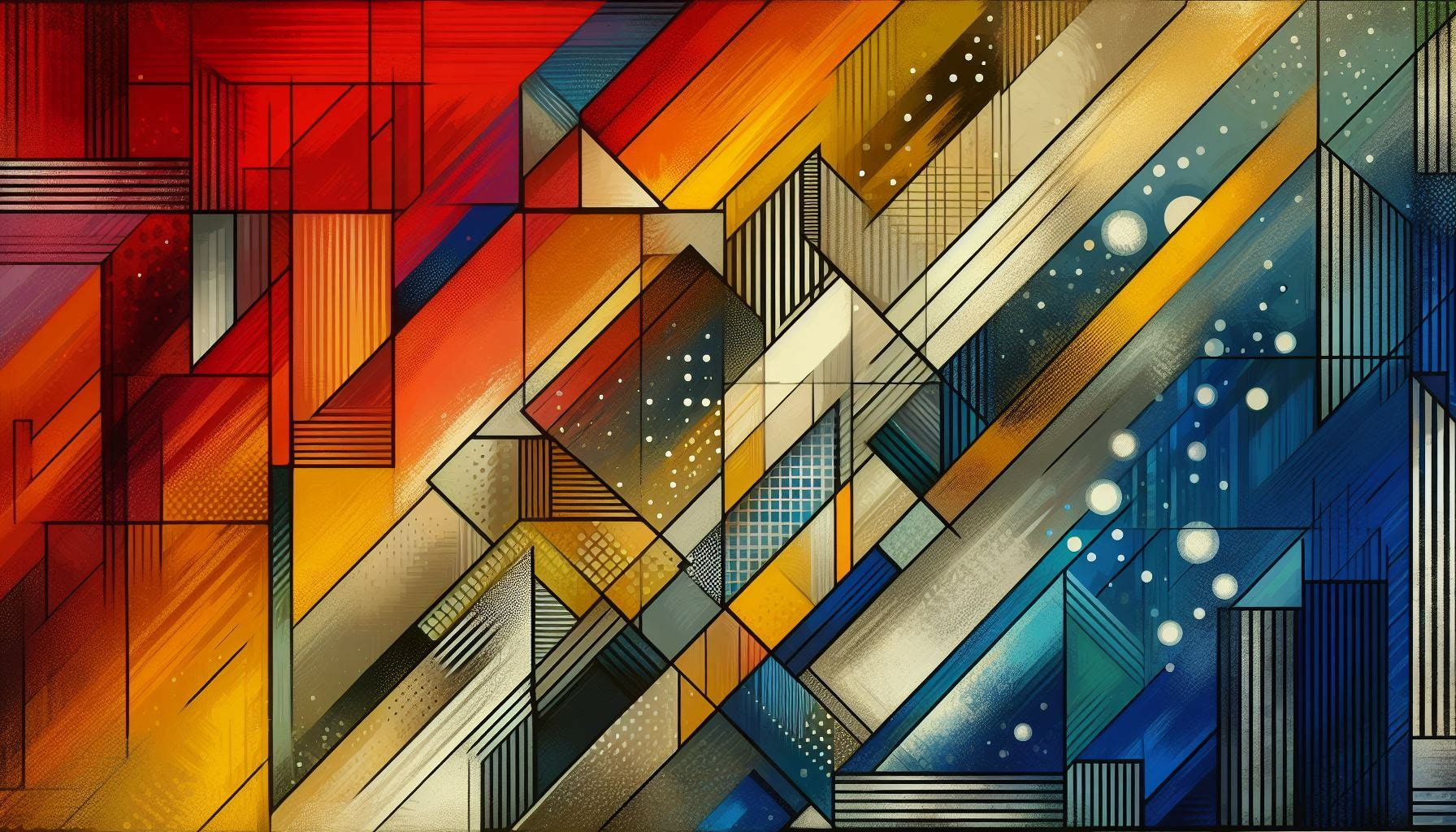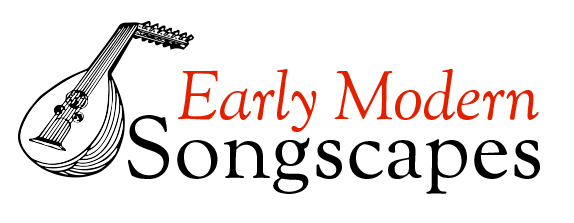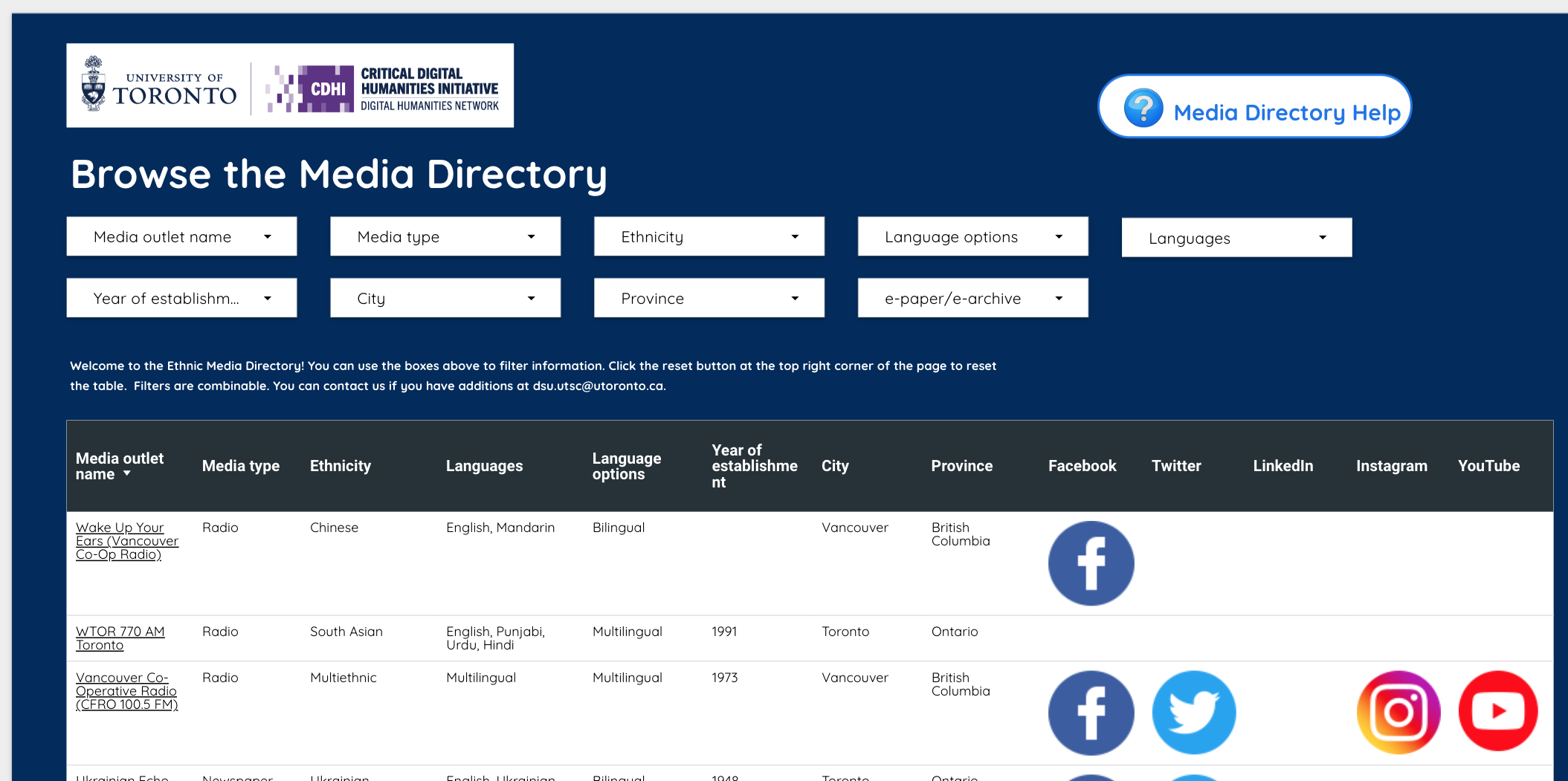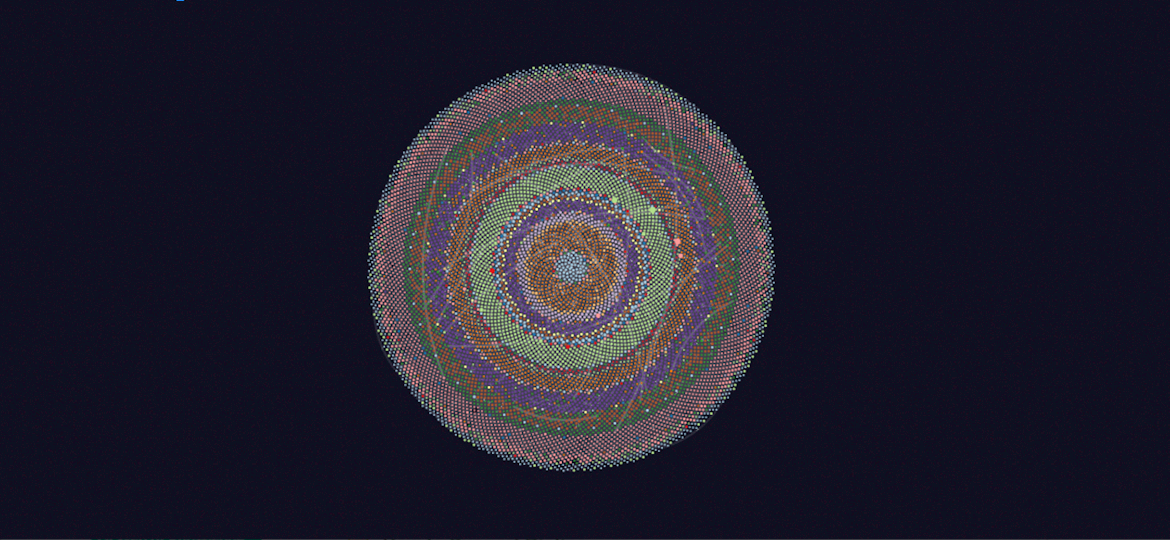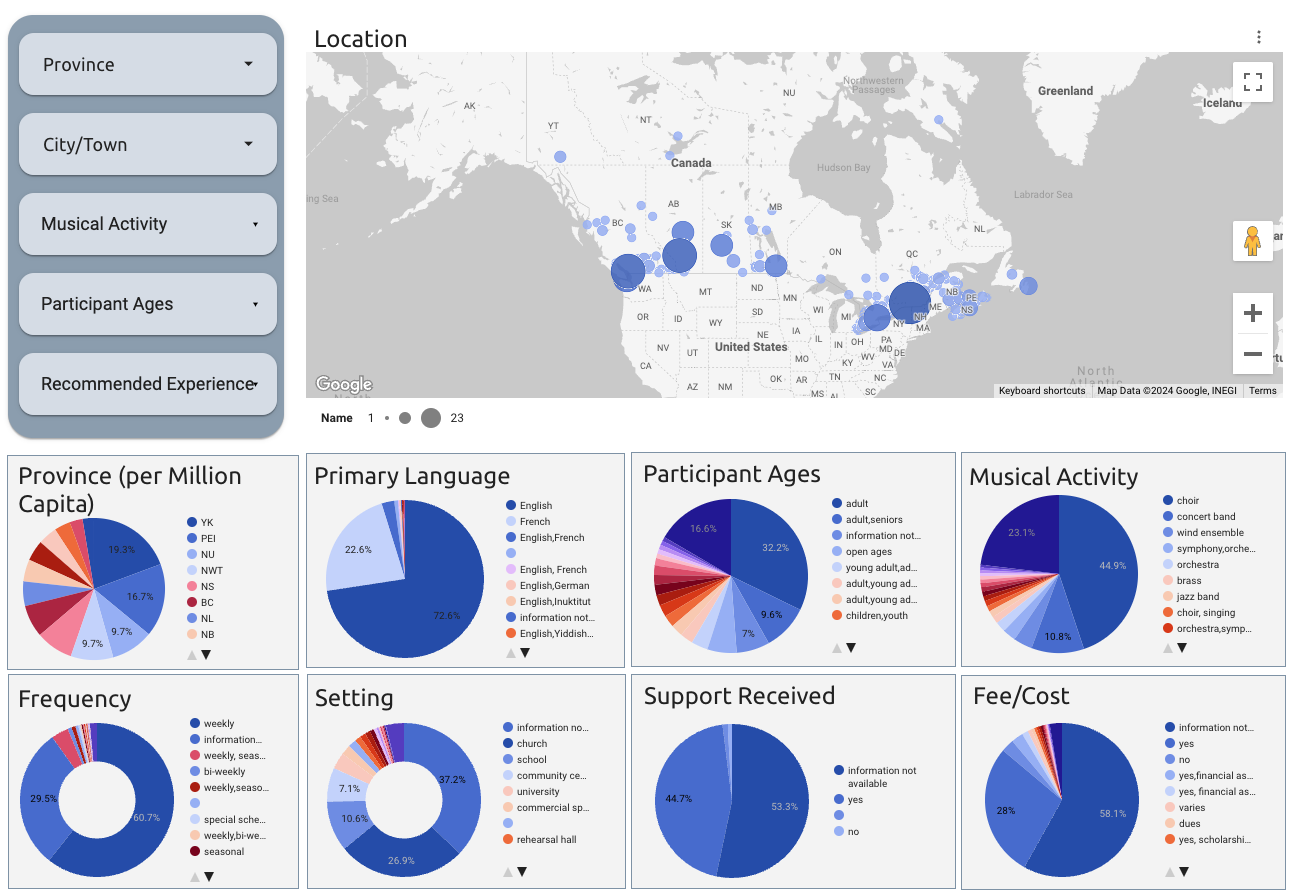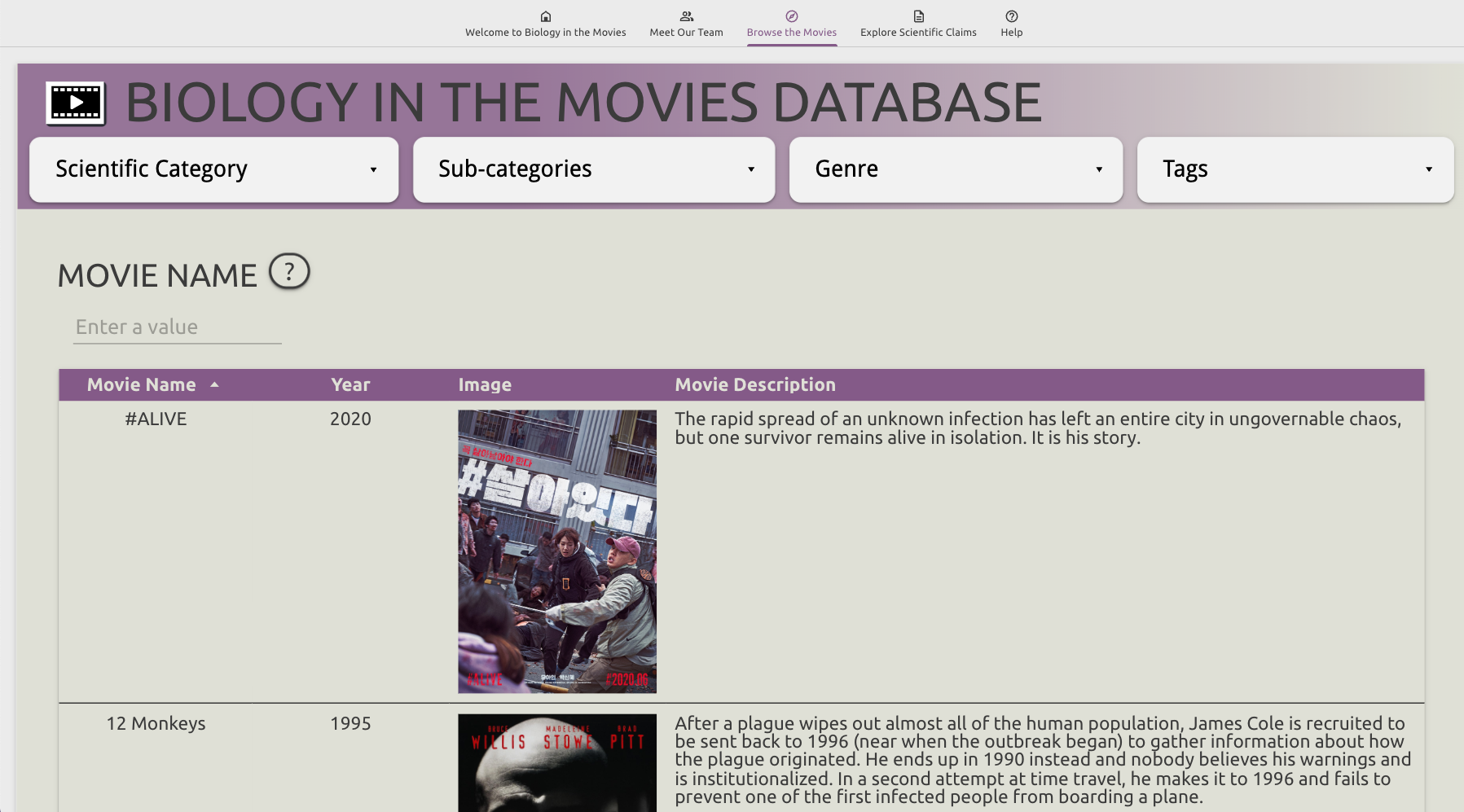The Digital Scholarship Unit publishes and presents on technical aspects of our work. To learn more, visit the U of T Scarborough Library's Research & Digital Initiatives Collection in TSpace or visit our GitHub Organization. We also partner with Faculty for research projects, and support research through consultation appointments and referral to other Digital Scholarship services. Many Faculty take advantage of our Emerging Professionals program to engage talented students to support their work. These featured projects give a sense of the breadth of initiatives on which we partner in Scarborough. Learn about Digital Scholarship services at UTL.
Dragomans
Natalie Rothman's Dragomans project explores the role of dragomans (diplomatic interpreter-translators) in mediating relations between the Ottoman Empire and its European neighbours from ca. 1550 to ca. 1730.
Digital Tamil Research
The library is happy to partner for several research initiatives in Tamil Digital Scholarship, and is the host of the Tamil Digital Studies Symposium.
Arab Womens Writing
The Arab Womens Writing Project develops a living dataset of major figures and published works associated with Arab Womens Writing and unifies and promotes this body of work to a global readership. The project is a collaboration with Dr. Maria Assif.
Critical Metadata Practices
Review the Public Zotero Group (also accessible from the link below), take a look at the Metadata Induction Guide or download our April 2021 poster "Critical metadata practices in the institutional space: Exploring the potential for liberatory description at UTSC." Bibliography for the Zotero Group in 2021. This work was spearheaded by Erin Liu, Emerging Professional in Digital Scholarship 2020-21 as part of the library's Emerging Professionals program.
Early Modern Songscapes
Beginning Fall 2018, partners at the University of Maryland, the University of South Carolina and the University of Toronto Scarborough (Dr. Katherine Larson) built the Early Modern Songscapes platform in partnership with the Maryland Institute for Technology in the Humanities. This first phase of the project launched in 2019 to correspond with the annual conference at the U of T Centre for Reformation and Renaissance Studies.
Scarborough Social Prescriptions
This resource was developed by Dr. Suzanne Sicchia in collaboration with students and UTSC Librarians for the purposes of promoting student health and well-being during the COVID-19 lockdown.
Digital Ethnic Media Hub
Digital Ethnic Media Hub (DEMH), spearheaded by Sherry S.Yu, aims to serve as a publicly accessible digital space for 1) an ethnic media directory and 2) an ethnic news database. It responds to the absence of consolidated up-to-date open access to Canadian ethnic media for research, teaching, professional practice, and public knowledge. This project was produced through the library's Emerging Professionals program.
MediaCat
MediaCAT is open-source web-based application designed to crawl designated news websites and twitter accounts for citations of or hyperlinks to a list of source sites. The DSU partners in this project to supervise students and manage project outcomes in partnership with Dr. Alejandro Paz.
Artifex
Artifex, spearheaded by Dr. Mary Elizabeth Luka, reflects commitments shared between Mass Culture and CDMI (UTSC) to ensure all communities have the ability to mobilize and benefit from arts and culture research. Consequently, Artifex is publicly accessible. The exchange and dissemination of knowledge and research links that this database provides will be important to the following organizations and individuals: policy makers, creative workers and artists, researchers and academics, media, funders and general interest audiences.
Canadian Community Music Database
Designed by Roger Mantie from the U of T Scarborough Department of Arts, Culture, and Media, the Canadian Community Music Database contains over 1100 entries on non-commercial community music organizations across Canada. The public is invited to contribute to this living datasource. This project was produced through the library's Emerging Professionals program.
Biology in the Movies
The Biology in the Movies database evaluates the accuracy of scientific claims made in over 150 films from around the world across many genres and decades. PI Aarthi Ashok has created this tool for instructors at the K-12 and higher education levels to engage students on specific biology concepts, and as a public-facing resource to promote curiosity-driven scientific literacy in the broader community. Our overall goal is to encourage engagement with biology concepts, encourage evidence-based understanding of science and critically consider how science is portrayed in film globally. This project was produced through the library's Emerging Professionals program.
Chinese Translation of Canadian Indigenous Literature
The “Chinese Translation of Canadian Indigenous Literature” project represents a pioneering effort to investigate how Canadian Indigenous literary works are interpreted and studied in the Sinophone world. By analyzing these cultural translations and relevant scholarly discourse, this initiative lays the groundwork for a broader research project on cross-cultural literary understanding of indigeneity in the transpacific context.



